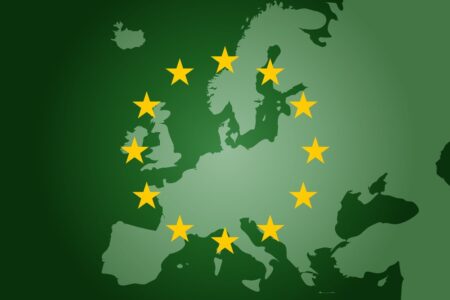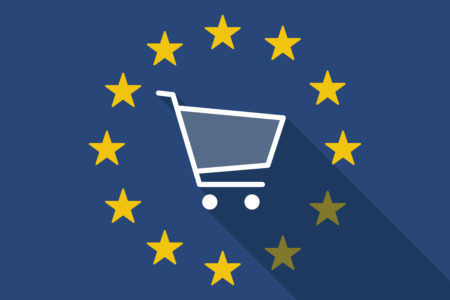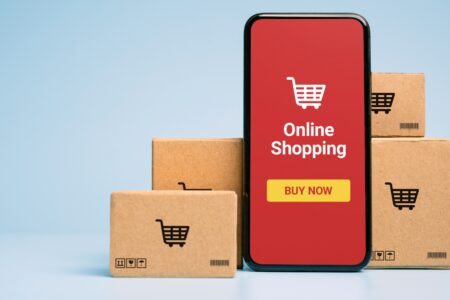The guidance is particularly important for businesses engaged in the supply of low-value consignments of goods from the UK to individuals in the EU or Northern Ireland.
How the IOSS Scheme works
The IOSS Scheme is designed to streamline VAT processes for businesses supplying low-value goods (£135 or less) to consumers based in the EU and/or Northern Ireland.
HMRC’s update guides businesses through the intricacies of this optional scheme. It explains how to register for, complete, correct, and submit IOSS VAT returns and how to pay the VAT due on imports of such low-value consignments.
Enrolling for IOSS
Businesses (but not their agents or intermediaries) can register for the IOSS online. Upon successful registration, businesses receive a unique 12-digit IOSS VAT identification number. This number enables them to access the IOSS scheme, make changes, submit returns, make payments, etc, through the HMRC business tax account.
Businesses can only register for one VAT IOSS Scheme at a time, either within an EU country or the UK. Existing IOSS registrations within the EU must be cancelled before applying for the UK IOSS Scheme.
Helping EU trade run seamlessly
One of the standout features of the IOSS Scheme is the convenience it offers. Registered businesses can efficiently manage their VAT obligations through their HMRC business tax account. Any changes to registration details must be promptly communicated to HMRC by the 10th day of the following month.
Monthly VAT Returns: A key commitment
Compliance with the IOSS Scheme involves the monthly submission of VAT returns (and any payments due) by the last day of the month following the end of each tax period. The first returns can be submitted from 1 April 2024.
The IOSS returns will include all VAT due on eligible imports of low-value goods to EU / Northern Ireland-based consumers. Figures in the IOSS must be reported in GBP, reflecting the VAT rates of the customer’s country (and currency conversions made using European Central Bank exchange rates at each calendar month’s end).
Any VAT on sales of low-value goods located in GB (Scotland, Wales, England), and when sold to customers based in Northern Ireland (including sales from IOM to Northern Ireland) needs to be reported via UK VAT returns instead.
Even in periods of no sales in the EU or Northern Ireland, businesses are required to submit nil returns. Although, if nil returns are submitted for 2 years, HMRC will cancel the IOSS registration.
Failure to meet the submission deadline for 3 consecutive periods could also result in the cancellation of the IOSS registration for at least 2 years. If this happens, the VAT rules applicable in the UK and each EU country would need to be followed for any imports of goods.
Records of IOSS sales will need to be kept in an electronically available format for 10 years.
Exceptions and considerations
While the IOSS Scheme caters for the import of low-value goods below £135, it does not apply if such low-value sales of goods are made to consumers only through online marketplaces. In this instance, the online marketplace is responsible for reporting and paying any VAT due.
Also, if the goods sold are valued over £135 per consignment, the normal VAT rules in that EU territory will apply. Similarly, those opting not to use the IOSS scheme for sales of low-value consignments of goods imported to EU consumers must adhere to the normal VAT rules of the EU country in which they are making those sales.
Summary
HMRC’s guidance aims to help businesses navigate the complexities of VAT. For a comprehensive understanding and further details, businesses are encouraged to refer to its guidance on the VAT IOSS available on GOV.UK.
Alternatively, Shipleys VAT specialists have been helping businesses understand and get set up on the IOSS. Contact one of our team for more information.
Specific advice should be obtained before taking action, or refraining from taking action, in relation to this summary. If you would like advice or further information, please speak to your usual Shipleys contact.
Copyright © Shipleys LLP 2024
















